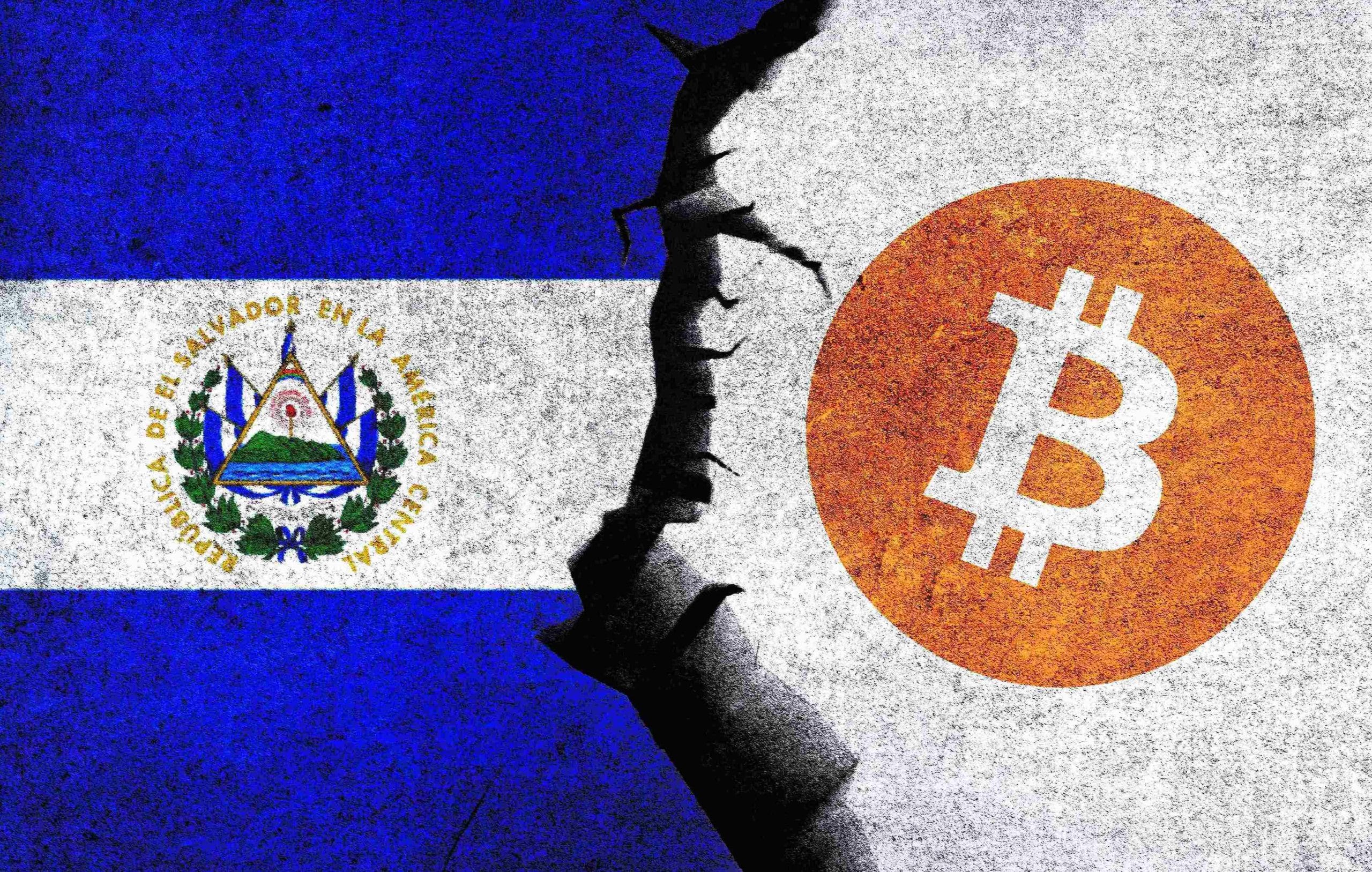Investigation Reveals El Salvador Misused One-Third of $600 Million COVID Relief for Bitcoin
Publikováno: 1.11.2023
The COVID-19 pandemic plunged El Salvador into economic turmoil in 2020, causing GDP to plummet nearly 8% and leaving many struggling to survive the strict lockdown measures. So when the Central American Bank for Economic Integration (BCIE) approved a $600 million loan in 2021 to provide relief for small businesses ravaged by the crisis, it […]
The post Investigation Reveals El Salvador Misused One-Third of $600 Million COVID Relief for Bitcoin appeared first on Cryptonews.

The COVID-19 pandemic plunged El Salvador into economic turmoil in 2020, causing GDP to plummet nearly 8% and leaving many struggling to survive the strict lockdown measures. So when the Central American Bank for Economic Integration (BCIE) approved a $600 million loan in 2021 to provide relief for small businesses ravaged by the crisis, it offered a lifeline for millions of Salvadorans.
An investigation by the Organized Crime and Corruption Reporting Project (OCCRP) uncovered that only a fraction of the funds ever made it to those in need, however.
Rather than providing the aid as intended, the government of President Nayib Bukele diverted over $200 million to bankroll his pet project: making El Salvador the first country to adopt bitcoin as legal tender.
The controversial cryptocurrency scheme has already drawn rebukes from international financial institutions like the IMF and World Bank. But Bukele plowed ahead anyway, allocating the diverted pandemic aid to build the infrastructure for Bitcoin’s rollout across El Salvador. This move defied the loan agreement‘s specific prohibition on using the money for cryptocurrency. BCIE president Dante Mossi conceded the fungibility of money, while also admitting bitcoin makes up less than 1% of El Salvador’s economy.
Majority of COVID Loan Fails to Reach Small Businesses
When the $600 million loan from the Central American Bank for Economic Integration (BCIE) was approved in April 2021, BCIE president Dante Mossi said it would benefit 4 million people through small business assistance. According to OCCRP’s investigation, however, by the time the funds arrived in July 2021, only $20 million ended up being distributed for small business loans as intended.
NEW: An investigative project by OCCRP & 10 partners found that Central America’s main regional development bank #CABEI has bankrolled projects that have enabled waste and corruption in one of the most unequal regions on Earth.
https://t.co/GizAPra762
— Organized Crime and Corruption Reporting Project (@OCCRP) October 31, 2023
Instead, OCCRP revealed that $425 million went towards “general obligations of the state” that ended up being related to the country’s Bitcoin agenda—in direct violation of the loan agreement’s prohibition on using the money for cryptocurrency projects. The fungibility of money may have made it easier to divert, but still contradicted the original relief purpose.
Government Prioritizes Bitcoin Rollout Over Pandemic Aid
In June 2021, President Bukele announced plans to adopt Bitcoin as legal tender. When the IMF and World Bank warned of financial stability risks, Bukele pressed on.
When the BCIE COVID loan arrived the following month, over $200 million ended up funding bitcoin infrastructure like the government’s Chivo digital wallet app. Every Salvadoran who registered got $30 in free Bitcoin, part of incentives to drive adoption.
Many experts questioned the prudence of gambling pandemic aid on a volatile cryptocurrency experiment, however.
“The Bitcoin law was passed, but in reality bitcoin does not exist; Bitcoin is not legal tender,” said economist César Villalona. “There is the law and there is reality. The reality is that the country remains dollarized.”
Bitcoin Adoption Falls Short of Goals in El Salvador
A study by the U.S. National Bureau of Economic Research found less than 10% of Chivo app users continued actively using Bitcoin in 2022. Daily usage remains low, leading economists like Mossi to conclude Bitcoin makes up less than 1% of El Salvador’s economy—hardly achieving Bukele’s goal of transforming national commerce.
The diversion of COVID relief funds to finance El Salvador’s bitcoin rollout highlights troubling issues of corruption and misused aid money. The $600 million loan from the Central American Bank for Economic Integration was intended to help small businesses struggling amidst the pandemic. Instead, over $200 million got redirected to realize President Bukele’s cryptocurrency visions over the objections of international financial institutions.
This imprudent allocation of relief aid for experimental crypto infrastructure not only defied the loan agreement but more importantly deprived Salvadorans of desperately needed economic support. The Bitcoin plan has largely failed to deliver on its promises of transforming commerce and finance in El Salvador. Adoption remains minimal, yet the economic devastation wrought by the pandemic persists.
Ultimately, the squandered funds and stalled recovery highlight the importance of transparency and accountability in relief aid distribution. When assistance meant for those in need gets diverted to pet projects, everyday people pay the price.
The post Investigation Reveals El Salvador Misused One-Third of $600 Million COVID Relief for Bitcoin appeared first on Cryptonews.